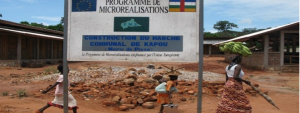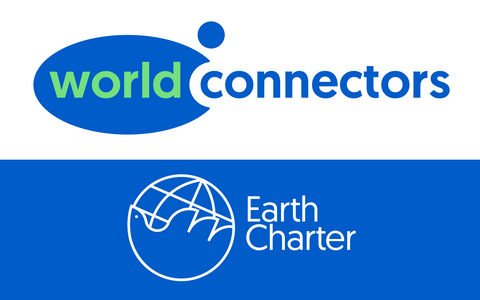Europe in the World

Europe is still too invisible on the global stage. As a global donor of development aid and a politically and economically relevant actor, more is expected from Europe. This expectation also comes from Africa and emerging economies. Therefore, Worldconnectors aims to highlight the unique value of the European project and the opportunities that the EU offers to the Netherlands, the European continent, and the world.
Under the leadership of Worldconnectors Paul Engel (ECDPM) and Rolph van der Hoeven (ISS), the working group ‘Europe in the World’ focuses on three concrete themes where the EU has demonstrated its value and where the EU can make a global difference:
- Promoting Peace and Security: Nearly 100 years after the start of World War I (1914) and 75 years after the start of World War II (1939), the theme of war and peace is still relevant in 2014. Particularly in the countries ‘around Europe’ – not only North Africa and the Middle East but more recently and more concerning, Ukraine – the threat of (civil) war is still very real. Europe’s peace model and regional cooperation without war deserve more global attention. The EU can use its experience to bring parties together in a neutral manner.
- Combating Inequality: One of the biggest global challenges is tackling inequality, not only between countries but especially within countries. Many people still live below the poverty line in emerging economies and middle-income countries, where gender equality is not a given. Although Europe also faces increasing inequality due to the economic crisis and unemployment, the disparities are smaller, and human rights are protected, for example, by the European Court of Human Rights. More attention to combating inequality is crucial both within Europe and globally.
- Promoting Ecological Sustainability (particularly promoting the circular economy): The new challenges of the 21st century include resource scarcity, water scarcity, and food scarcity. Consuming less and reusing goods are crucial to maintaining prosperity with a growing global population. If Europe genuinely wants to be seen as a ‘sustainable actor’ in the world, it should transition to a circular economy more extensively within Europe. The European private sector, with a strong focus on sustainability and corporate social responsibility, can play a significant role in this.
The working group aims to use the European Parliament elections, which took place on May 22, 2014, in the Netherlands and other EU member states, to draw attention to Europe’s role in the world regarding the three aforementioned themes. Without giving specific voting advice, the working group advises people to use their vote because the European Parliament elections (and particularly the installation of the new European Commission) do indeed influence these themes.
Later this year, the working group will conduct an inventory and analysis of the added value of the EU regarding one or more of these themes and follow up with an intervention strategy and inspiring publications.
Image: European Union
